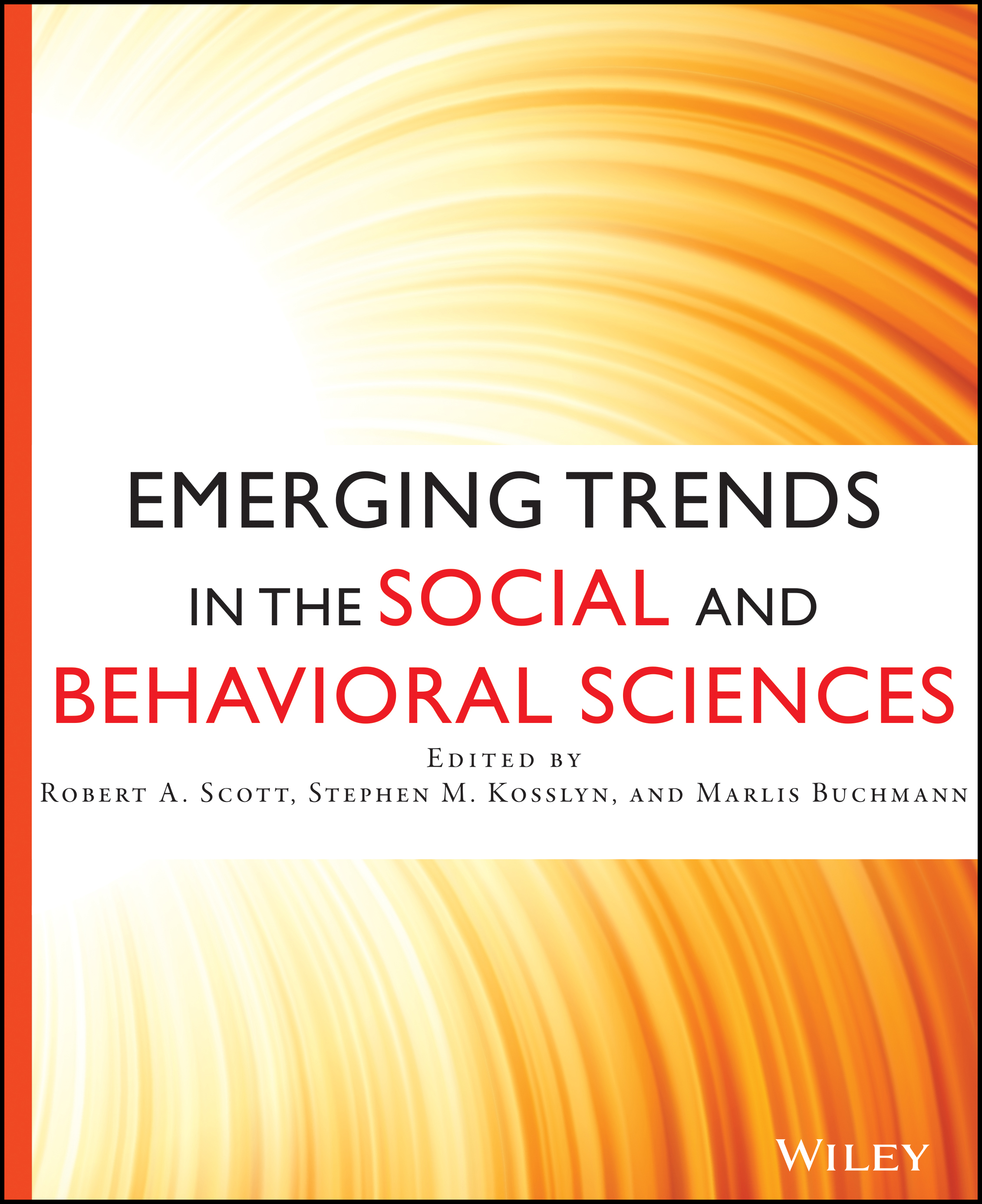Sexual Behavior
Abstract
Research on human sexual behavior is a multidisciplinary pursuit that seeks to understand one of the most vital and complex aspects of our biology. Foundations for this study include the basic principles of sexual selection, including differential reproductive roles of male and female, and the processes of sexual differentiation. Study of human sexual behavior is made vastly more complex by emotional involvements and the diversity of sexual behaviors exhibited by our species. Historically, sex researchers have struggled to overcome the methodological challenges involved with objective study of behavior in our own species and with the ethical and political implications of their work. Early research focused on merely quantifying the spectrum of human sexual behaviors and on understanding the physiological and psychological processes of sexual response. Subsequent work developed the concept of gender and began to address how behavioral and corporeal manifestations of sex can diverge from one another. Modern studies incorporate a variety of advanced scientific techniques to investigate mechanistic and functional hypotheses for specific behaviors. This review highlights four prominent research topics, highlighting current understanding, cutting edge work, and key issues for future research: mate preferences, concealed ovulation, sexual coercion, and homosexuality. In each of these areas of research, there is strong evidence for biological influences on behavior. It is also clear that known biological mechanisms only partly explain actual behavioral patterns, suggesting strong mediation by cultural, environmental, and developmental processes.



